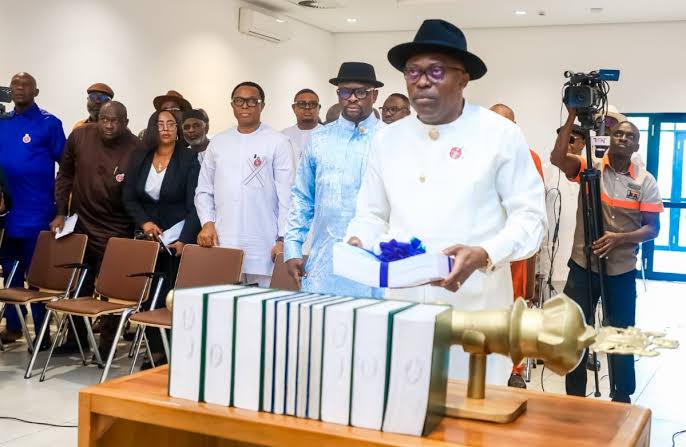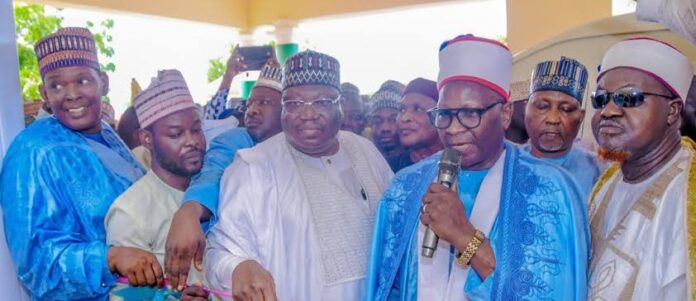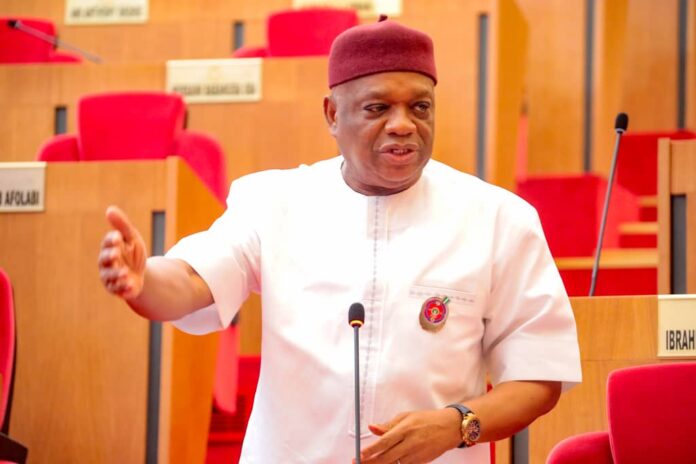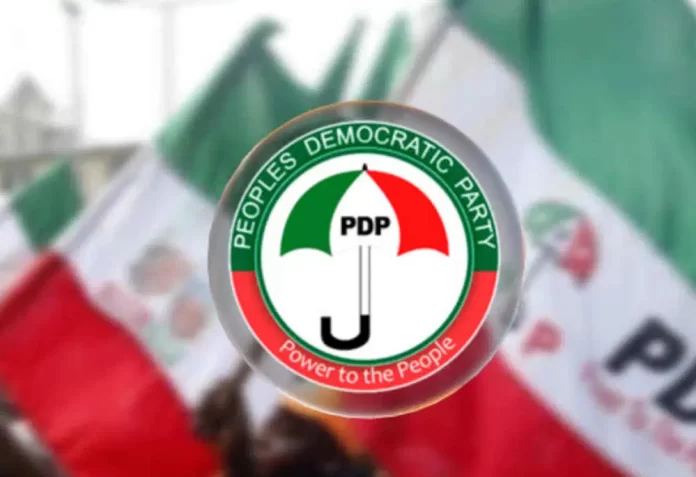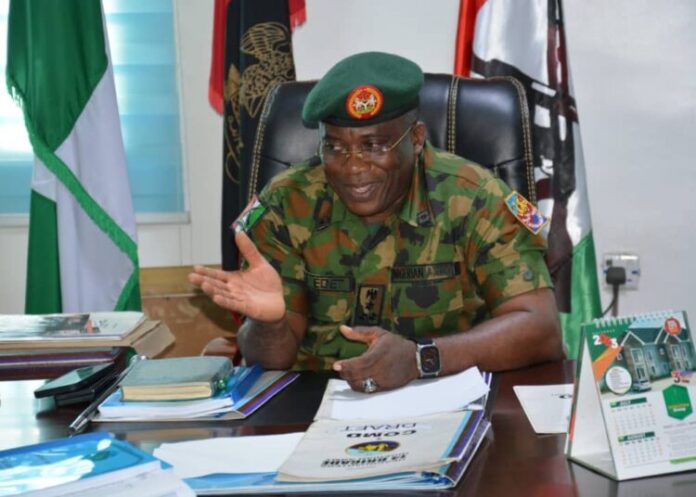From Damola Adeloye, Ibadan
Chairman of Bullion Go-Neat Global Limited, Ambassador Olufemi Oguntoyinbo has called on the federal and state governments to make citizens welfare their priority in the new year.
He also urged wealthy Nigerians to give back to the society and imbibe the spirit of helping the needy.
Oguntoyinbo, who is also a renowned philanthropist, said making the welfare of citizens a priority has promoted many countries and brought them to the limelight.
He gave the advice while speaking with journalists on the sideline of a new year party organised by Bullion Go-Neat Global in Ibafo, Ogun State, where Taye Currency, 9ice, Femi Lancaster entertained guests.
“I want to call on President Bola Tinubu and governors to put citizens’ welfare in the front burner.
“My advice for the federal and state governments is that they should take citizens’ welfare as number one priority.
“When you make your citizens number one on your agenda, they will add value to the nation and the country will be ranked high.
“There is no way your country will be doing well that the world will not give you recognition. If you travel from here to other countries, you will realise that countries that put the welfare of their citizens as priorities are enjoying the fruitfulness of that now.
“So in this new year, my advice is that government should make sure that as they formulate policies, they should create those that will enhance the living conditions of the people. They should formulate policies that will benefit Nigerians, so that we will not continue facing setbacks. You can see how we lost a number of people recently,” he said.
Oguntoyinbo also called on well-to-do Nigerians to assist the less privileged, saying this is important, as government alone cannot provide the needs of the less privileged people alone.
He also vowed that he will continue to empower youths despite the harsh economy because, according to him, they are the future of the country.



